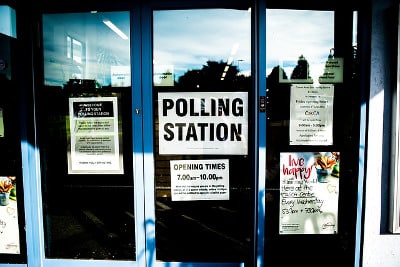According to the survey nearly one in three homeowners use equity in their homes to holiday. Visits to English speaking countries such as the United States, Canada, Australia and New Zealand are among the most popular retiree holiday destinations, perhaps because many of the borrowers have family in these countries.
However, it should be considered that releasing equity in this way comes at a cost. In fact, many fail to repay their loans until their houses are sold. It is clear that having a strategy to ensure sufficient expat regular savings can help avoid this pitfall.
Naturally, it is homeowners in the areas of the UK with the highest value house prices – for example, London, Sussex and Surrey – who are most likely to borrow against the value of their homes.
“Whether it’s jetting off to exotic climates, purchasing a holiday home or visiting relations in far-flung corners of the world, property wealth is providing the opportunity for over-55s to visit places they have previously only dreamed of. It is also enabling many to have a second home in the UK or abroad, which for many would not be possible without access to the wealth tied up in their main homes,” said Mirfin.
According to the Association of British Insurers, last year nearly 4,000 people withdrew 10% or more of their expat regular savings in the past year.
This communication is for informational purposes only and is not intended to constitute, and should not be construed as, investment advice, investment recommendations or investment research. You should seek advice from a professional adviser before embarking on any financial planning activity. Whilst every effort has been made to ensure the information contained in this communication is correct, we are not responsible for any errors or omissions.

 Following Theresa May’s shock announcement that there will be a general election on June 8, many long-term expats were left wondering if they would get the chance to vote.
Following Theresa May’s shock announcement that there will be a general election on June 8, many long-term expats were left wondering if they would get the chance to vote.